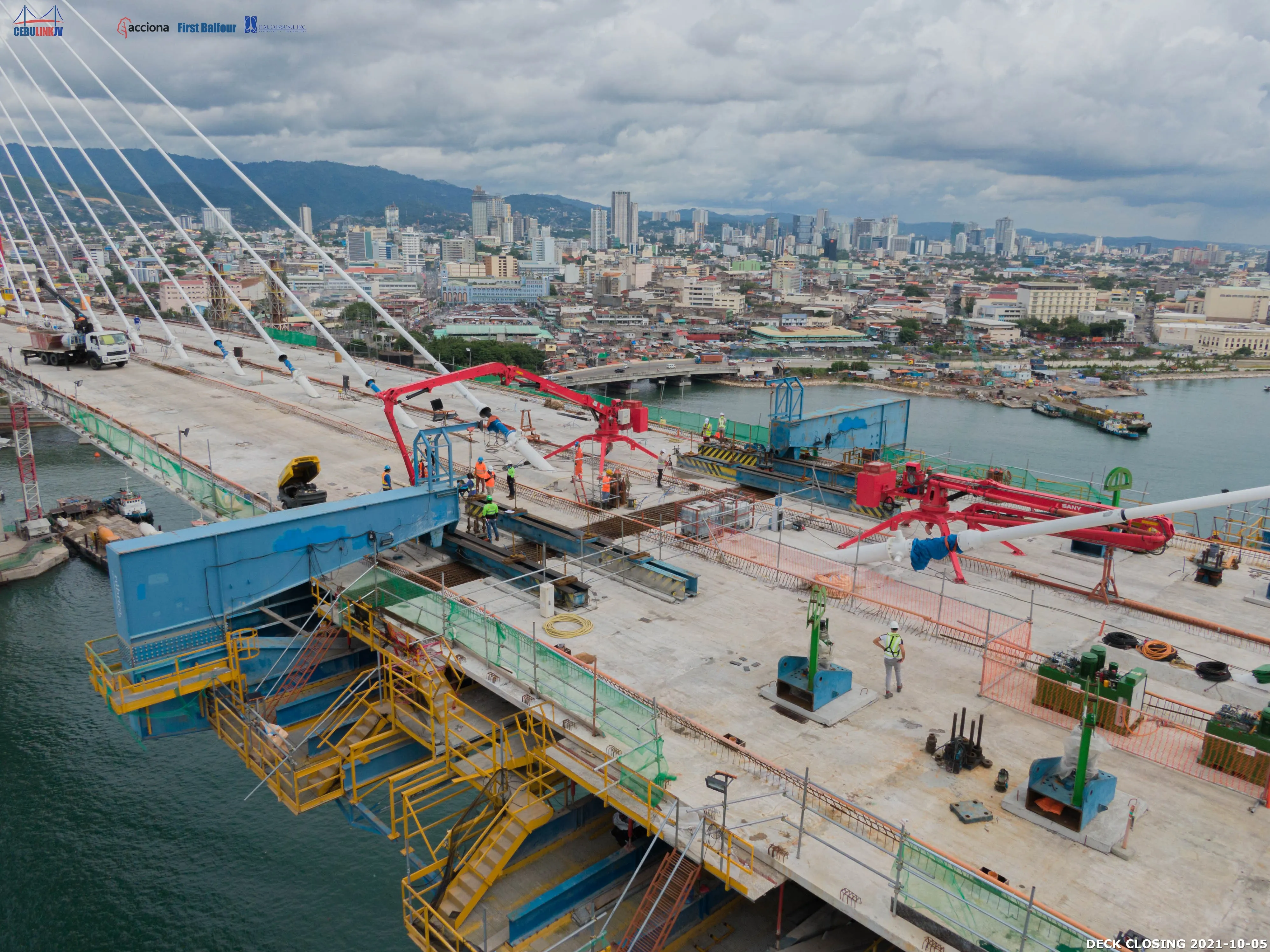Construction of a major 47km highway and sea protection dike development in Manila has been thrown into doubt after no bids were received for the US$2.65 billion contract.
Philippines media report that the Department of Public Works and Highways declared the auction for the six-lane Laguna Expressway Dike Project a failure after the three pre-qualified bidders didn’t submit bids.
The pre-qualified consortia were Trident Infrastructure and Development consortium – consisting of SM Prime Holdings, Megaw
March 30, 2016
Read time: 3 mins
Construction of a major 47km highway and sea protection dike development in Manila has been thrown into doubt after no bids were received for the US$2.65 billion contract.
Philippines media report that the Department of Public Works and Highways declared the auction for the six-lane Laguna Expressway Dike Project a failure after the three pre-qualified bidders didn’t submit bids.
The pre-qualified consortia were Trident Infrastructure and Development consortium – consisting of SM Prime Holdings, Megaworld, Ayala Land and Aboitiz Equity Ventures - the Alloy-PAVI LLEDP Consortium and San Miguel Holdings
Work was to have included 700 ha of coastal reclamation of Laguna de Bay from Taguig in Metro Manila to Calamba and Los Baños in Laguna, as well as associated bridges, pumping stations and ancillary flood gates.
The expressway was to have coast around $860 million, according to some estimates. It was expected to reduce travel time between Metro Manila and Laguna from 90 minutes to 35 minutes, and ease traffic and mitigate flooding between Taguig and Los Baños.
Failure of the tender is the latest issue for what was to have been the largest public-private partnership project ever in the Philippines. Bidding has been delayed several times due to environmental concerns, including how the project might displace local fishing boats from their harbours and fishing grounds.
Business World On Line reported that San Miguel Holdings had sent reporters a message saying that the Laguna project “is just not feasible”. The government “will have to re-examine its assumptions and redesign a mutually beneficial contract best suited for a deal as large and complex as this one”.
A spokesperson for Trident Infrastructure said the “risk-reward balance is not in favour of the bidders”, with private sector taking on too much risk. “Frankly, from an economic viability perspective and a risk allocation perspective, we found that the government wouldn’t provide a concession agreement that will address all the concerns of the private sector.”
The executive director of the Public Private Partnership Centre, Andre Palacios, told reporters that it may take another national election before the project can be revisited. “For Lakeshore [Laguna], I doubt if we can do another bidding within this administration,” he said.
Meanwhile, the Department of Public Works and Highways said bid documents will be released in mid-April for an 8km elevated toll road worth nearly $388 million that will link the southern and northern parts of Metro Manila. The auction will allow the right of Metro Pacific Investments Corp (MPIC) to be challenged by other competitors.
Philippines media report that the Department of Public Works and Highways declared the auction for the six-lane Laguna Expressway Dike Project a failure after the three pre-qualified bidders didn’t submit bids.
The pre-qualified consortia were Trident Infrastructure and Development consortium – consisting of SM Prime Holdings, Megaworld, Ayala Land and Aboitiz Equity Ventures - the Alloy-PAVI LLEDP Consortium and San Miguel Holdings
Work was to have included 700 ha of coastal reclamation of Laguna de Bay from Taguig in Metro Manila to Calamba and Los Baños in Laguna, as well as associated bridges, pumping stations and ancillary flood gates.
The expressway was to have coast around $860 million, according to some estimates. It was expected to reduce travel time between Metro Manila and Laguna from 90 minutes to 35 minutes, and ease traffic and mitigate flooding between Taguig and Los Baños.
Failure of the tender is the latest issue for what was to have been the largest public-private partnership project ever in the Philippines. Bidding has been delayed several times due to environmental concerns, including how the project might displace local fishing boats from their harbours and fishing grounds.
Business World On Line reported that San Miguel Holdings had sent reporters a message saying that the Laguna project “is just not feasible”. The government “will have to re-examine its assumptions and redesign a mutually beneficial contract best suited for a deal as large and complex as this one”.
A spokesperson for Trident Infrastructure said the “risk-reward balance is not in favour of the bidders”, with private sector taking on too much risk. “Frankly, from an economic viability perspective and a risk allocation perspective, we found that the government wouldn’t provide a concession agreement that will address all the concerns of the private sector.”
The executive director of the Public Private Partnership Centre, Andre Palacios, told reporters that it may take another national election before the project can be revisited. “For Lakeshore [Laguna], I doubt if we can do another bidding within this administration,” he said.
Meanwhile, the Department of Public Works and Highways said bid documents will be released in mid-April for an 8km elevated toll road worth nearly $388 million that will link the southern and northern parts of Metro Manila. The auction will allow the right of Metro Pacific Investments Corp (MPIC) to be challenged by other competitors.







